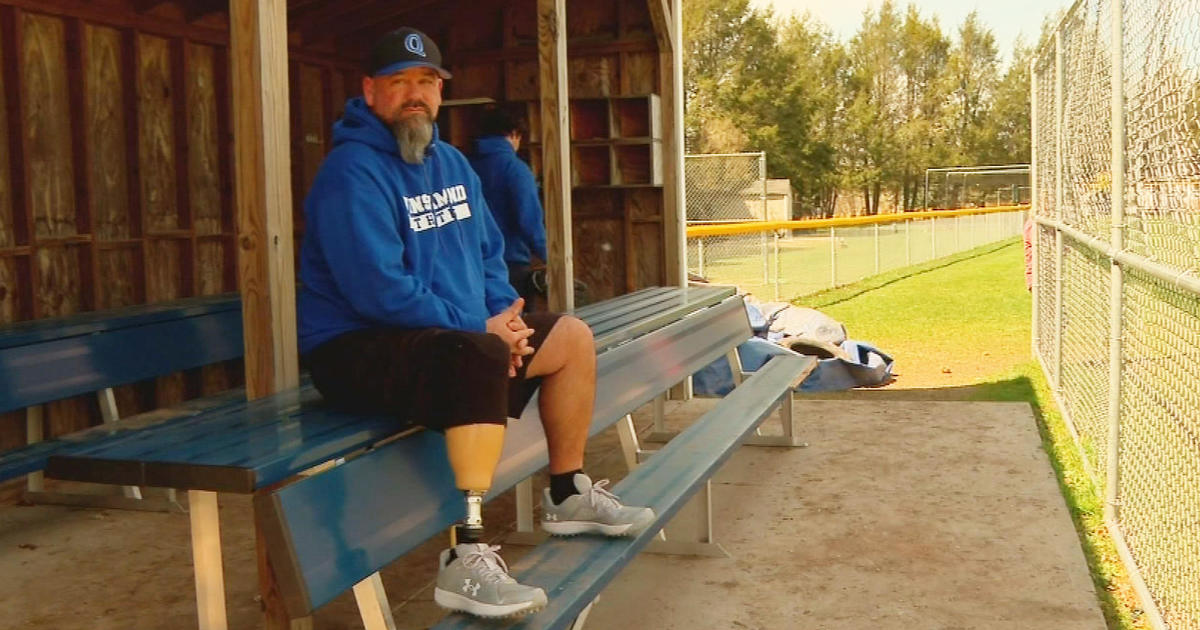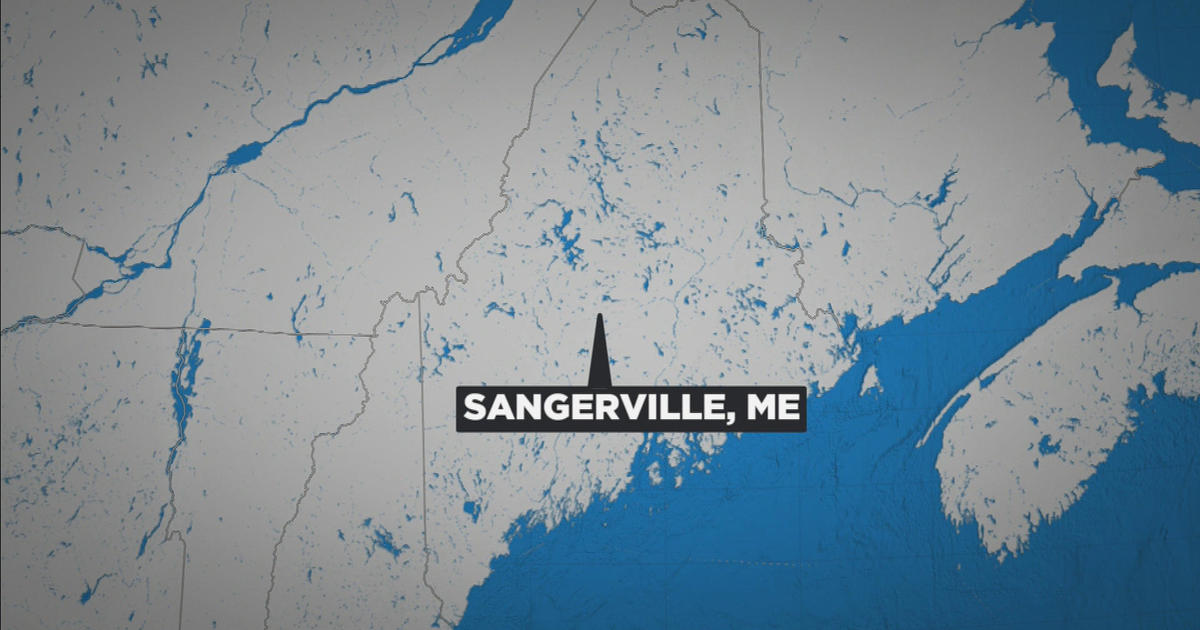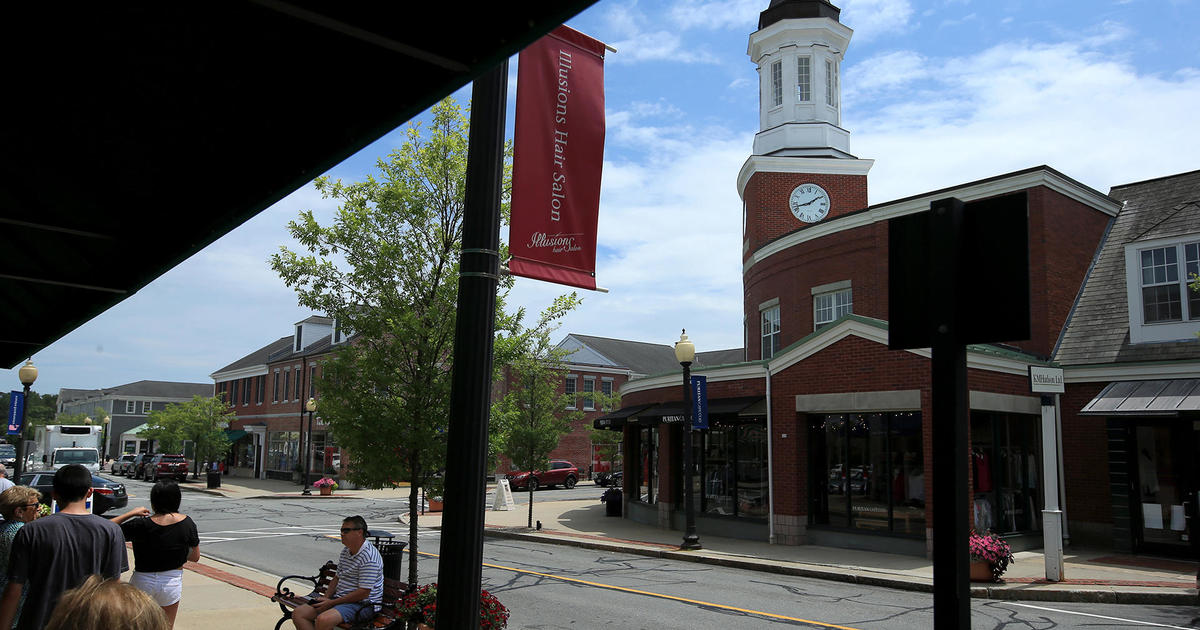Seniors Should Stay Active Engaged to Fight Depression
Senior citizens are at high risk for depression for a variety of reasons: loss of health, loss of friends, loss of purpose. But there are things that can be done to sharply reduce that risk.
"Seniors have got to stay engaged in the world," says Dr. Michael C. Miller, psychiatrist at Beth Israel Deaconess Medical Center and Editor-in-Chief of the Harvard Mental Health Letter.
"I'm a great believer in staying active," he says. "People who do best are the ones who keep themselves going. Community organizations, church or synagogue groups, a sport, volunteer activities, political activities. It can be almost anything."
Part of it is to stay connected to people. "Relationships are very important," he says. "People who have built networks of friends or enjoy family relationships are happiest. If you can continue to interact with a variety of people, that's good. People who are more social are less depressed."
The other part is to find something meaningful to do. "Retirement is very difficult, particularly for men, but increasingly for women as well," Dr. Miller says. "The idea of stepping away from a full-time career is very complicated. We build our self-esteem on what we do."
The way to protect against that loss is to find worthwhile things to do. "People who have hobbies do better," he says. "Maybe you are an amateur musician or an artist. Or you like to travel. The good news is that you can teach an old dog new tricks. That explains the popularity of adult education. Staying engaged in the world is good for your health and for your brain."
Nationally, about one-third of seniors experience some form of depression. And while those over age 65 comprise just 10 percent of the population, they commit 20 percent of all suicides, according to Dr. Miller.
Besides physical ailments, the loss of productive work and the deaths of friends, there is also some evidence that seniors may be prone to "vascular depression," a condition in which interrupted blood flow causes subtle damage to nerve pathways implicated in mood, Dr. Miller says.
An important step in combating depression no matter what its cause is to recognize it when it occurs, he says.
Dr. Suzanne Salamon, Associate Chief of Clinical Programs, Gerontology Division, Beth Israel Deaconess Medical Center, points out that many seniors, particularly those who lived through the Great Depression or World War II, don't feel comfortable with the concept that they might be depressed. She says family members and doctors should be on the lookout for signs of mood problems.
"Many in that generation will never admit to depression," she says.
Signs of depression can include sleep problems, apathy, fatigue, inability to concentrate, loss of appetite, psychomotor retardation (decreased energy to do things), hopelessness or thoughts of suicide.
"If you are experiencing several of these, you may have a problem," she says. "I ask my patients about these things. But I don't ask them if they are depressed. I may use the terms 'feeling blue' or 'down in the dumps.'"
Dr. Miller says there is a place for medication or talk therapy or both in seniors who are depressed, even though they may be resistant. "These are tools that can be used," he says. "But you can't just say `go take a pill'. This should be done in the context of a careful discussion."
Above content provided by Beth Israel Deaconess Medical Center. For advice about your medical care, consult your doctor.



